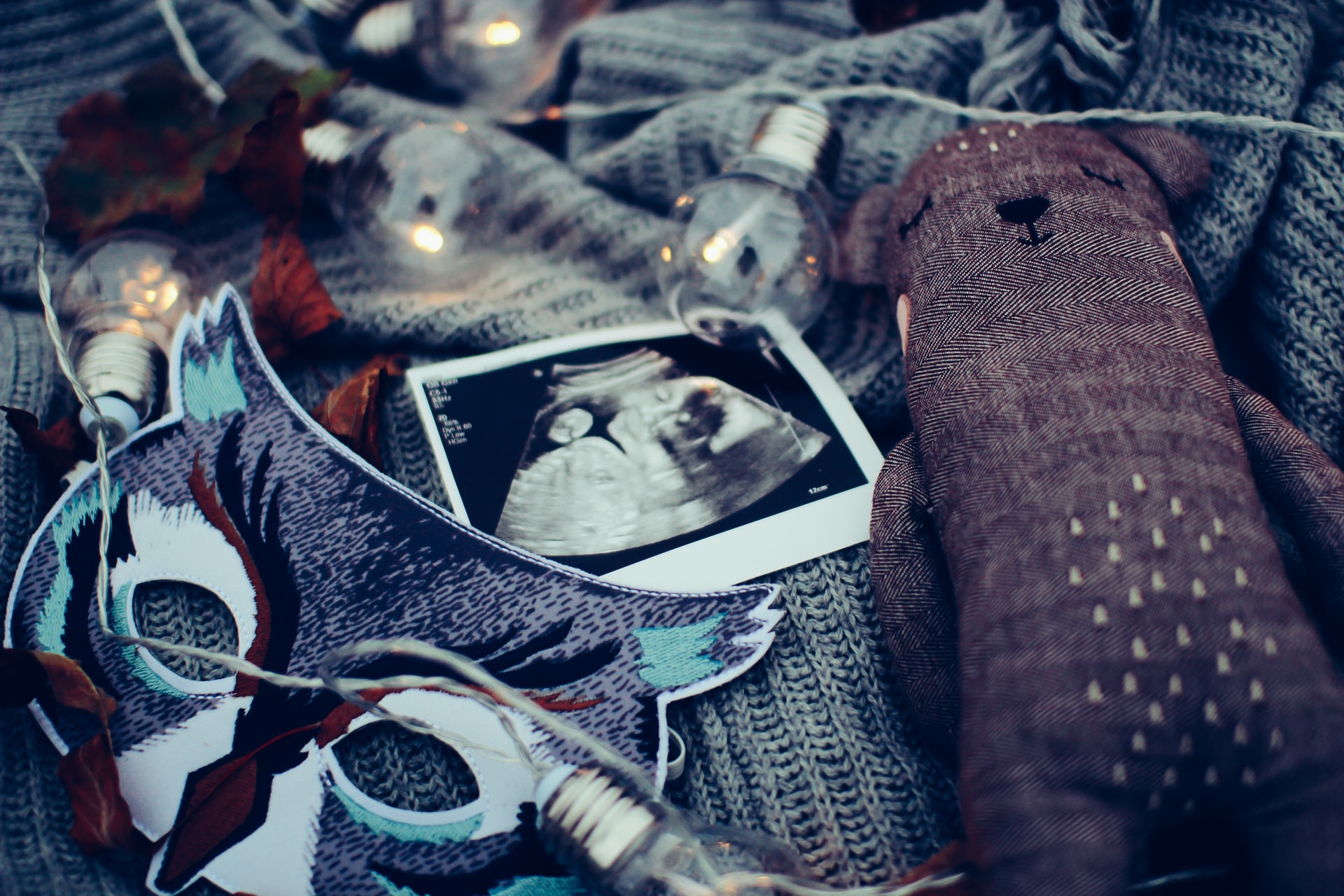As we celebrate International Women’s Day, we asked Dr Sarah Johns, Reader in Evolutionary Anthropology, about the taboo topic of miscarriage and the impact of early pregnancy loss.
As we celebrate International Women’s Day, I wanted to touch on the impact of early pregnancy loss. Miscarriage is a taboo topic, not openly discussed, and this loss isn’t often recognised, or openly discussed, in the workplace. There are also many misunderstandings around the causes of such loss and how common it actually is.
Miscarriage is incredibly common – in fact it is so common that it has been proposed to be a normal feature of human reproductive biology. Twenty-three million miscarriages happen globally per year. Research has shown that 15-20% of clinically recognised pregnancies do not make it to birth, and this figure is even higher if we think about pregnancies that end before a pregnancy test is even taken, on or around the time a women’s period is due. It has been calculated that 3 out of every 4 conceptions do not make it to term – it is highly likely that most women you know will have lost at least one pregnancy. For placental mammals, and humans in particular, growing a baby internally is a risky and energy consuming business. It makes evolutionary sense for there to be selection against embryos that are not developing correctly and that will never make it to birth. It stops time and energy (and human pregnancy is an energetically very costly process) being spent on a failing pregnancy. Of course, this isn’t a conscious process – no one can will a pregnancy out of existence – rather it is one of the feedback loops from the hormones produced by the developing embryo.
The perspective that early miscarriage is totally normal and simply a feature of human reproduction can help some women process loss when it does occur, but for others, pregnancy loss, even in the very early stages, represents the death of a very-wanted child. Women will blame themselves, and believe that something they ate, or something they did (sex, exercise, morning coffee!) caused the issue (none of these do!). Given the majority of early, 1st trimester, miscarriages are caused by chromosomal and developmental abnormalities, there is actually very little that can be done to change the outcome, and folk-medicine preventions and advice are often unhelpful and just create more stress. Even in women who have repeat miscarriages, 65% do go on to have a successful pregnancy without intervention.
Although it is very common and experienced every day by women in the workplace, it remains the case that miscarriage is not freely discussed or shared – and this can be made harder in male dominated working environments. It can be a physically painful process, especially if surgical intervention is required, and it can be mentally very tough to cope with the loss, disclosing what has happened, and the discomfort and silence in the reactions from others.
I always tell my students when teaching on this topic that they will probably experience a miscarriage, and even though that’s “normal” they shouldn’t manage it in isolation, or have their worries about future pregnancies dismissed, or put up with pain or extended bleeding. Normal does not mean there should be a lack of care; normal should not mean working through it; and normal does not mean there is no emotional impact. Miscarriage should not be taboo, and given it is an experience more than 1 in 10 women will have, talking about it, and raising awareness, can only help those who experience pregnancy loss to find the support they need. My door is always open.
Sarah Johns is a Reader in Evolutionary Anthropology. Her research focuses on reproductive and sexual behaviour, and she has interests in post-natal depression, pregnancy timing, and teenage motherhood. She advocates open and honest communication about sexual health and behaviour, and her module, Sex, Evolution, and Human Nature explores a variety of topics such as pregnancy loss, menstruation, genital anatomy, and parenting behaviours from an evolutionary perspective.

